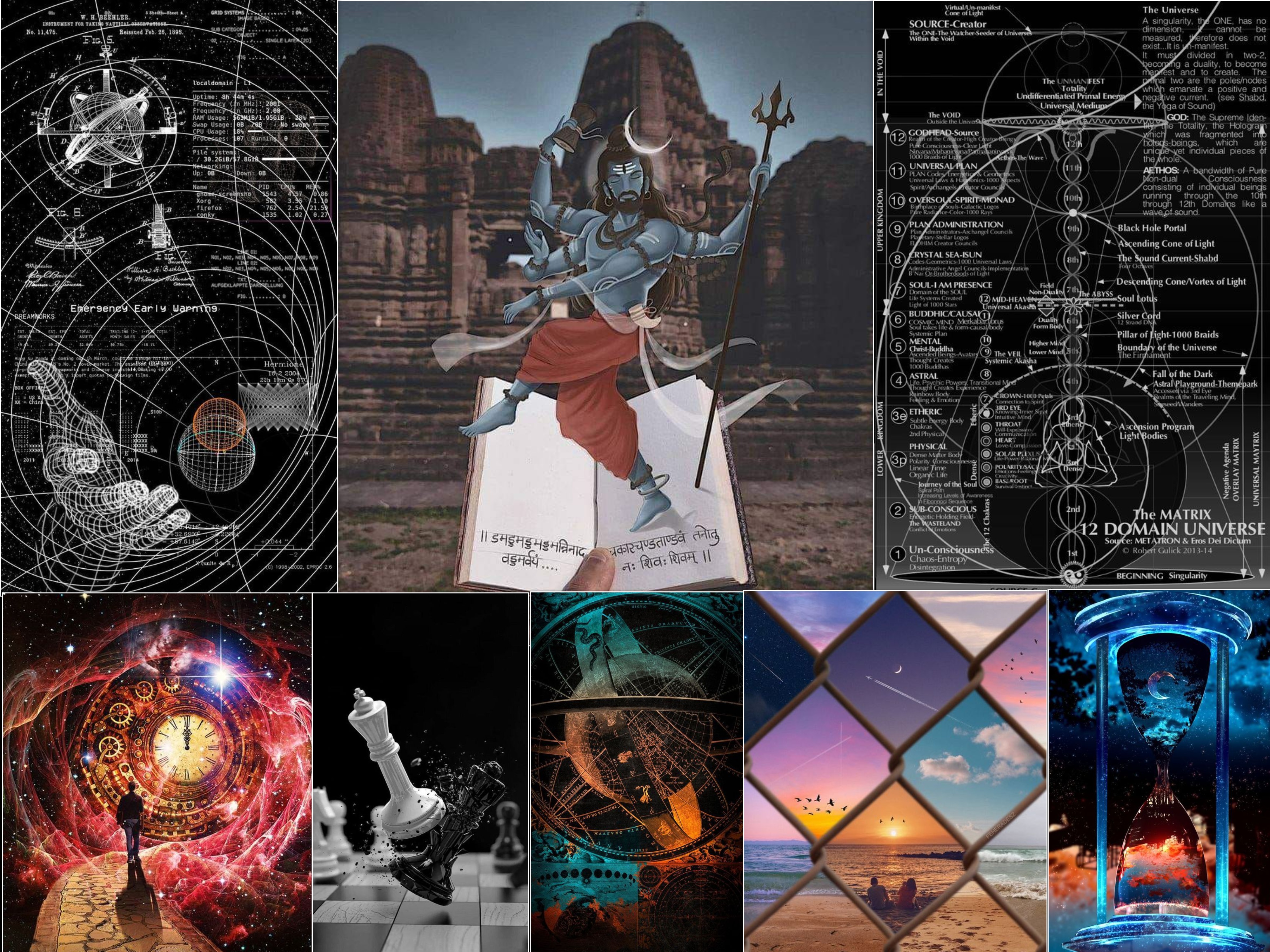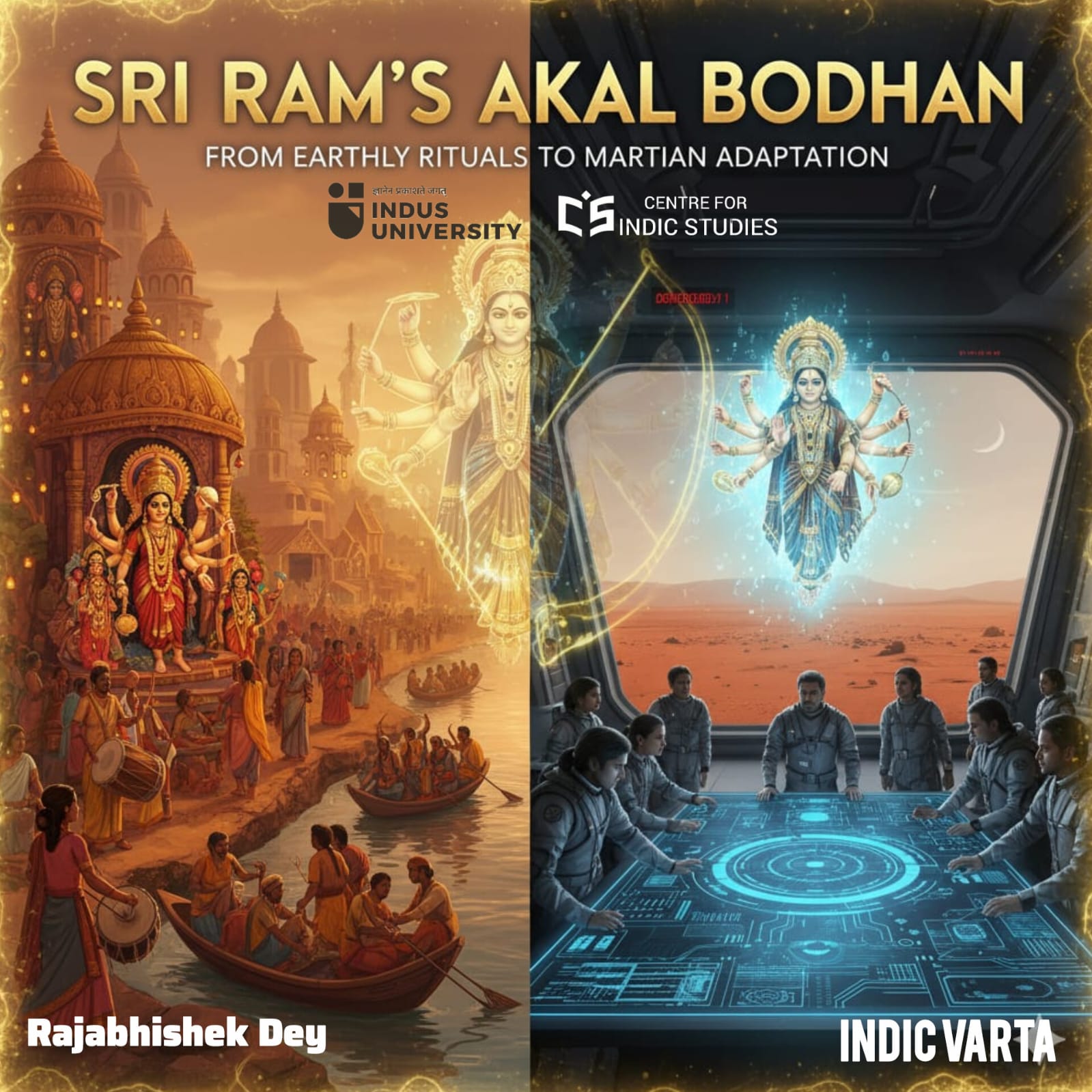- Visitor:104
- Published on:
Ways of the Jnanis – 1 – King Janak’s Dream
In this first part of a series of enlightening conversations of Jnanis and their disciples, Ankit Sharma tries to bring up small instances from Indian literature where some important pointers are given in simple language and sharp pointers. This series will reveal how Indian civilization was occupied with the question of self-knowledge and how to seek it.

There is a beautiful and profound story of a dialogue that happened between king Janak, possibly same as the Sita’s father and the sage Ashtavakra.
It so happened that once king Janak was fast asleep in his palace room when he had a dream in which his kingdom is being attacked by an enemy king. A fierce battle ensues between the two opposing armies and Janak gets badly defeated. Astride his horse, he runs towards the forest, with enemy soldiers giving him a chase. While trying to escape he doesn’t realize he has entered a foreign territory. He is also quite exhausted by now and began to feel hungry and thirsty. He was wounded too.
In this desperate state of mind, he notices a rich man doing some charity and giving food to the beggars. He joins the queue for food but unfortunately, by the time it is his turn to receive the free food, no more is left. He is finally given a handful of rice scrapped from the bottom of the vessel, on a leaf plate. He sits down to eat in a corner when suddenly two raging bulls come to the place running, and in the melee, Janak’s food is spilled on the ground.
Not able to take the pain anymore, he breaks down and begins to lament his ill fate and the unfortunate turn of events in his life. Thinking of this he falls asleep.
And suddenly, he wakes up in his palace room, realizing he was just experiencing a nightmare. All is well in his kingdom and there is nothing to worry about. But this sets him thinking.
The next morning, he recounts the story of his dream to his court, which also had many scholars, and asks them a profound question, “Am I a beggar dreaming myself to be a king or Am I a king dreaming myself to be a beggar? What is real? This or that?”
None of the scholars in the Janak’s court were able to answer him satisfactorily and a long debate follows. Just then, the sage Ashtavakra is welcomed into the court. Janak poses the same question to him,” Tell me, O wise one! What is real? This or that? Am I a king or a beggar”.
“Neither this is real nor that, O king”, replied the sage.
“The self that illumines both, alone is real. The one that remains awake, and is witness to both, your dream and your wakefulness, is real”.
Janak, the sage king intuitively knew this to be true. A profound truth had been spoken and all his questions melted away.
There have been many kings in history who loved knowledge and enjoyed philosophical debates. Some were known for being virtuous. Some turned to religion and became renunciates.
Roman emperor Marcus Aurelius was called the Philosopher king. Siddhartha left his kingdom in his quest to eliminate the root cause of suffering and turned Buddha.
But none comes close to Janaka for what he achieved while discharging his duties as a king. He did not renounce his kingdom in his spiritual quest. He ruled it immersed in the knowledge of the Self. He came to be known as a virtuous king and a realized master, a true Jnani.
- 52 min read
- 2
- 0










